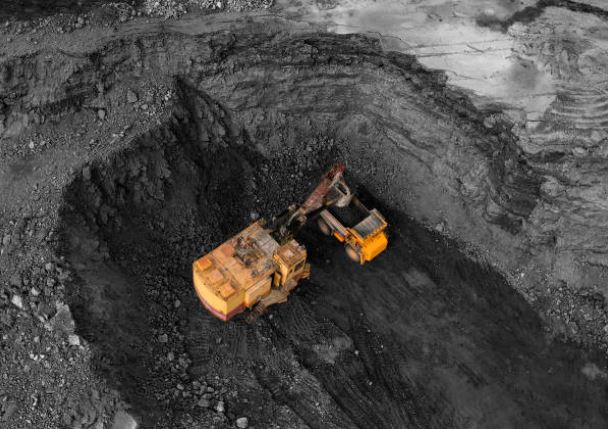Corruption is a pervasive problem in the Nigerian mining sector, hindering its growth and development. Bribery, extortion, and illegal permits are among the common forms of corruption. These practices undermine transparency, erode public trust, and divert resources away from legitimate economic activities. Corruption is a serious problem that hinders governance, investment, and economic progress in Nigeria’s mining industry. Nigeria received a score of 24 out of 100 in the Transparency International 2022 Corruption Perception Index, which placed it 154th out of 180 countries and indicated a high level of perceived corruption in a number of industries, including mining.

The Nigeria Extractive Industries Transparency Initiative (NEITI) reported in 2021 that illicit mining operations and corruption in the industry cost the nation an estimated $3.4 billion in lost revenue. According to NEITI estimates, around 80% of mining operations in Nigeria are unlawful, resulting in significant losses for the government and regulatory control. – According to a Nigerian Bureau of Statistics survey conducted in 2020, over 36% of firms in the Bribery and corruption were reported by the mining sector, especially when interacting with government representatives and regulatory agencies.
According to a World Bank analysis, Nigeria’s mining industry has the potential to produce up to $50 billion a year if managed well, but corruption has made it extremely difficult to reach this potential.Corruption can discourage investment, distort market prices, and create an unfair playing field for businesses. It can also lead to environmental degradation and human rights abuses.
Although regulatory structures were established by the Mining Act of 2007, corruption has hindered their implementation. For example, it is estimated that more than 70% of mining licenses are granted without enough supervision. Combating corruption requires a comprehensive approach involving both government and civil society organizations. Strengthening anti-corruption agencies, promoting transparency, and improving accountability are essential steps in addressing this issue.

